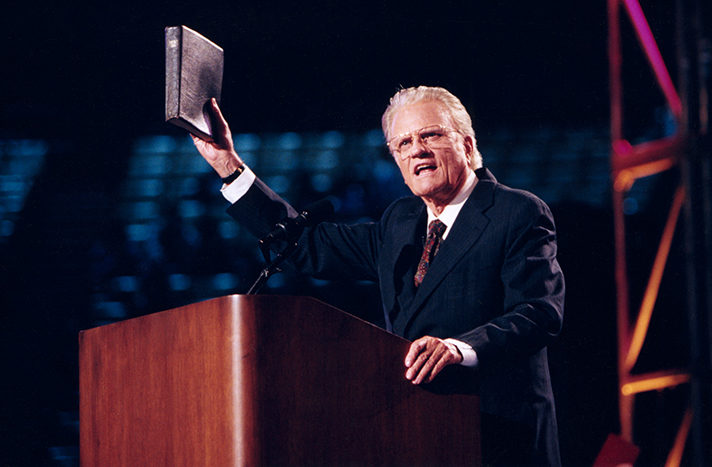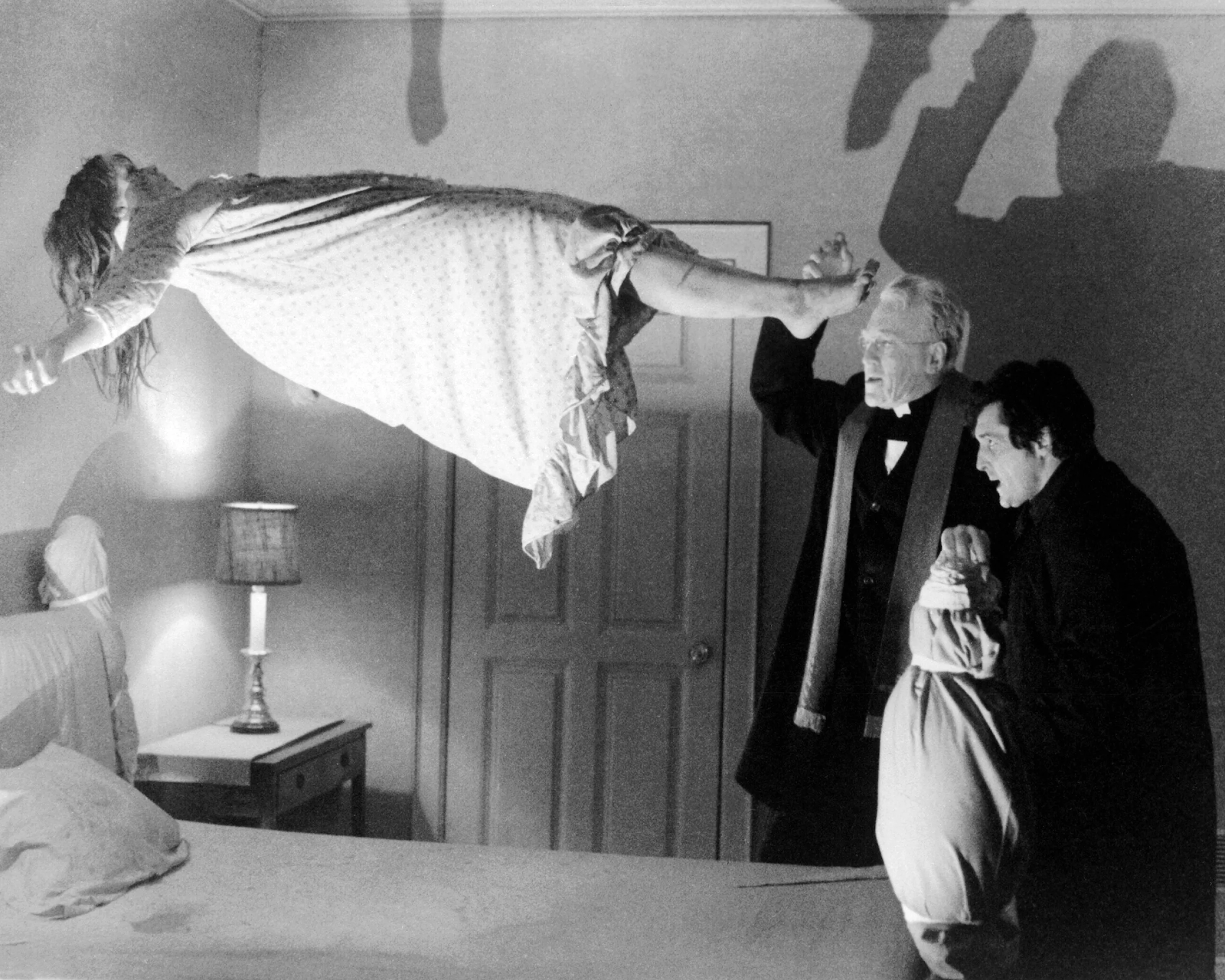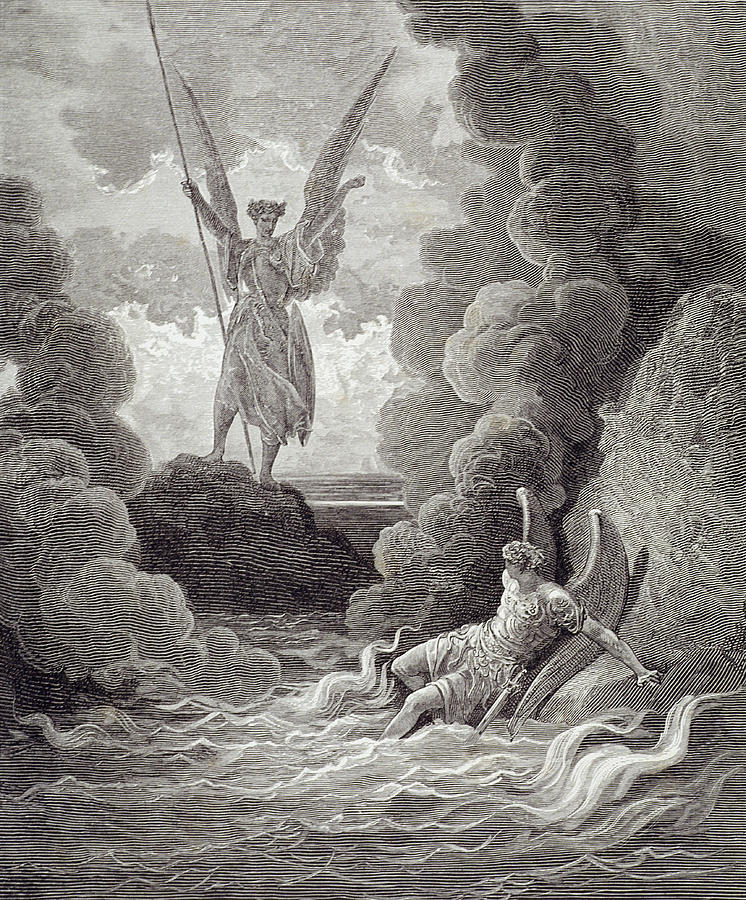Since the arrival of Donald Trump on the American political scene, the Left has performed a fascinating, compelling, outrageous show of fear and loathing - a combination of grand guignol and lion taming; a freak show of abominations and a house of horrors. America has become a megachurch of wild fulminations with terrifying visions of the fiery coming of the end of the world filling the pews.
It has been a remarkable period of politics, unlike any other because of the terrifying fear of an ordinary man; and despite the demonic, twisted caricatures of him as the Devil incarnate, he is just that - ordinary. An American from top to bottom, skin to bowels; a man of big appetites, a street brawler, a wrangler, an open plains cowboy, Custer, Grant, and Sherman all rolled up into one. 'One of us, one of us' is the chant of his supporters, following him like Deadheads and groupies - a man with their desires and ambitions but who has satisfied and achieved them.
Bob Moselle was the Left's poster boy and chief exorcist. Never ordained but brought up by descendants of New England Puritans and versed in Ecclesiastes and Revelations, Bob found his calling when the Reverend Hoyt Cummings, Pastor of Yale, first on the busses to Selma and Montgomery, on the front lines against war and nuclear destruction, champion of the black man, hero to women laboring under the misogynist yoke of patriarchy and male privilege, received him in his chambers in Woolsey Hall.
This was the man Bob had been looking for, a man with the passion of his Salem prosecutor forbears, the agile, winning ways of an Ivy League patrician, and the fury and bombast of a Southern preacher. Cummings was a man possessed. This world, he said, this greedy, coarse assembly of selfish, self-assured, amoral, intellectual dwarves, could not, would not, and above all should not stand; and he would do all in his power to see that it toppled to be replaced by a kinder, gentler, compassionate place.
He, with God's help would return the black man to his rightful place on top of the human pyramid, empower women to not only break through the glass ceiling but to reign. The world would be a woman's place of compassionate dominatrices. Sexuality would be as variable as the weather, soft southern breezes one day, whips, chains, and leather the next. Love, kindness, and understanding would replace bombs and rockets.
So Bob went out as the Reverend Cummings' disciple, and set up his revival tents where the spiritual deficit was greatest. He would be the Billy Graham, Aimee Semple McPherson, and Billy Sunday of the secular Left, but fill the canvas he could not. He did everything right, his oratory was perfectly pitched timed, his voice rumbling and soft at intervals, and his message compelling. The MAGA right wing in America was no less than an insidious, evil force to be met with strength and resolve.
For the first time in his life - this was his first foray into Indian country - he was booed; and like a bad vaudevillian was saved from the rotten eggs and pulpy tomatoes by a hook from the wings. "Must change my approach", he thought as he regrouped; but the crowd wanted nothing of his messages of transgender deformity, white oppression, and socialist reform.
"I must be progressive", he said to himself, "not abrupt', and found a more congenial home at universities which had already been rid of conservative infection. Students, faculty, and administrators cheered his call to arms. "The Doomsday clock is ticking", he shouted, "and only you can stop it before time runs out. YOU!', he yelled, pointing to an older woman he thought looked like Esther Pilchman, Upper West Side Jewish radical of the 60s; "and YOU!", singling out a fey gay boy in the front row.
But preaching to the choir made no waves - its resonance confined to the auditorium. He, like Graham, McPherson, Jesus, and Cummings, needed to get out among the unbelievers, the apostates, the unborn again. In short, to MAGA country; but his his brief foray into the heartland was dismaying both for its indifference and its egg-throwing hatred. What in God's name would be the Idaho panhandle be like?
Stubborn because of his born-again progressive beliefs, but not stupid by any means, Bob was surprised at the political deafness he found outside of the current administration, universities, and the progressive media and think tanks of Washington and New York. What was going on, the cultural sociologist in him asked? How is it that Jefferson's people, the intelligent majority, could be so far off base? How could intelligent, or rather moderately....no, let's be honest, more-or-less intelligent...refuse the logical integrity and moral rightness of his message?
'Many a slip between the cup and the lip', he remembered; and he must pay more attention to the harmony of message and delivery - in other words, be more like Trump, a genius in a crowd.
What Bob missed of course was Trump's outrageousness. He not only accepted the anti-Trump meme of 'fake news', but reveled in it. It was, after all his invention, and a tribute that it was now turned around on him. Of course he exaggerated, played fast and loose with 'the truth', a figment of academic nonsense in the first place, and confabulated story after story to make a point. His supporters got the idea, laughed and loved his performance, and dug in to find the message; and the message was resonant and reflective of a solid conservative agenda.
Everyone but Bob, Esther Pilchman, and the Biden team got the picture. It wasn't enough to be animated at the pulpit nor to have policies that resonated. To be American, real, downhome American, you had to be outrageous, ridiculously oversized, and full of a goddamned righteous indignation. Fuck 'em.
This was no evil man, no Lucifer, Prince of Darkness, but a comedian, a tummler, a brilliant showman who earned his bones in Hollywood and the mean real estate streets of New York. Going up against him was like swimming up Niagara.
Bob of course simply could not turn that corner; and so outside the ivy he got nowhere. The hysteria of the Armageddon-laced claques of the Biden Administration never parsed in Sioux City. Americans were not buying the race-baiting, gender-twisting, climate freaky messages to come out of the White House.
It was Trump's time. Americans had had enough hectoring and badgering about how bad people they were and how the nation was going to wrack and ruin, headed for a fiery end. Enough is enough, they shouted and voted in numbers for their man in November.


















